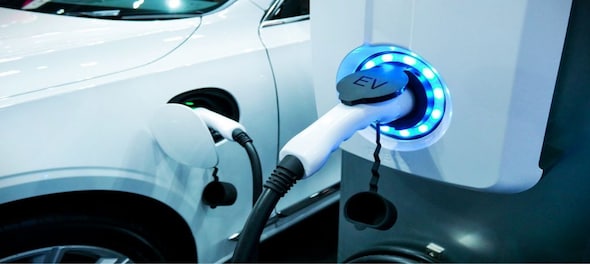
Delhi's Electric Vehicle (EV) Policy, which was launched in 2020 to encourage the adoption of electric vehicles in the national capital, is supposed to end today. According to the official notification by the Delhi Transport Department, the policy had a set validity period of three years from its implementation date – August 7, 2020
What was the main goal of the EV policy?
The main goal of this Electric Vehicle Policy, as per the official notification, was to ensure that by 2024, 25 percent of all new vehicle registrations would be for Battery Electric Vehicles (BEVs), and significantly reduce harmful emissions from the transport sector, thus improving Delhi’s overall air quality.
Was the policy successful in achieving its targets?
The government of Delhi has made substantial progress towards achieving its targets outlined in the EV policy 2020, recent data reported by Hindustan Times (HT) says. As of May 2023, the government has achieved an impressive 86 percent of the targets, meaning that many people have embraced electric vehicles which have contributed to a significant increase in EV sales over the past three years.
Electric two-wheeler sales have skyrocketed from 1,165 in 2020 to 34,596 in 2022. Similarly, electric three-wheeler sales have also seen a significant surge from 10,328 in 2020 to 21,623 in 2022. In the case of four-wheelers, the sales rose from 886 to 5,641 in the same period.
Besides boosting EV sales, the policy has made remarkable progress in various other aspects. For example, around 89 percent of incentives and fee waivers for EVs were distributed, and approximately 85 percent of the targeted charging infrastructure was set up. The policy also contributed to creating 70 percent of the targeted job opportunities. Additionally, efforts to develop the battery recycling ecosystem have reached 63 percent and 50 percent of the dedicated EV fund has been utilized.
What do officials have to say about it?
Transport Minister Kailash Gahlot expressed his pride in Delhi's achievements in the past three years. He stated that Delhi has become the leading city for electric vehicles in India and looks forward to making it a global EV leader in the next three years.
Gahlot highlighted that the policy's success is a result of the “3i model" – inclusion, incentivisation and innovation.
“The model focused on actively involving all relevant stakeholders from the conceptualisation stage of the electric vehicle policy. Nearly 300 people participated in stakeholder roundtables organised by the Delhi government. Incorporating expert feedback ensured the practicality and wider acceptance of the policy, setting the stage for the subsequent components of Incentivization and Innovation," he said, according to an India Today report.
What is the government planning to do further?
According to several reports, the Delhi government has started drafting an updated electric vehicle policy for the period of three years.
Ashish Kundra, principal secretary and commissioner (transport) had said that the government plans to expand the charging network by providing subsidies in Phase 2.
Setting up private charging stations, electrifying commercial heavy vehicle fleets, and expanding private car ownership are likely to be the focus areas in the next phase of Delhi’s Electric Vehicle Policy.
(Edited by : Sudarsanan Mani)
First Published: Aug 7, 2023 11:33 AM IST
Check out our in-depth Market Coverage, Business News & get real-time Stock Market Updates on CNBC-TV18. Also, Watch our channels CNBC-TV18, CNBC Awaaz and CNBC Bajar Live on-the-go!


2024 Lok Sabha Elections | Will Amethi and Rae Bareli see the rise of Priyanka Gandhi as a dominant political figure
May 18, 2024 8:59 AM
Lok Sabha Election 2024: I.N.D.I.A. bloc to hold rally at Mumbai's BKC today
May 17, 2024 5:18 PM
In Ayodhya, voters talk of a promise fulfilled and yearning for development
May 17, 2024 2:10 PM
Fight of heavyweights in Sambalpur where farmers, weavers hold the key
May 17, 2024 12:25 PM

